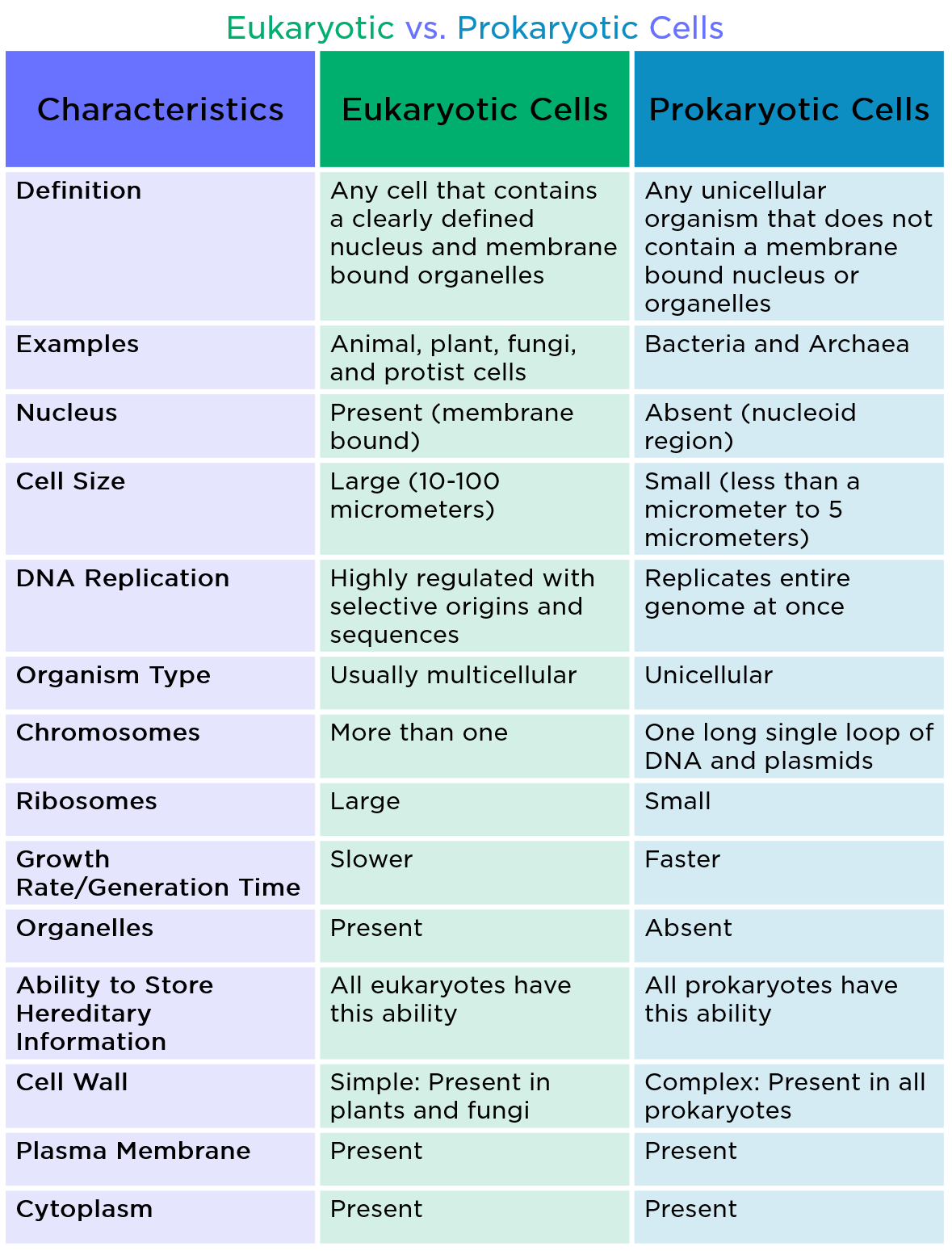is archaea prokaryotic or eukaryotic
Prokaryotic cells generally are smaller than eukaryotic cells. The reason why Archaea is different from Bacteria is it is more prominent most of them are.
 |
| Origins Of Eukaryotes Who Are Our Closest Relatives Science In The News |
Archaea is prokaryotic because it doesnt have a nucleus nor any membrane-bound organelles.

. Eukaryotic cells are more complex. Is kingdom Archaebacteria a prokaryotic or eukaryotic. Archaea differ from bacteria in cell wall composition and differ from both bacteria. Prokaryotic cells are defined by a much.
Archaea domain Archaea any of a group of single-celled prokaryotic organisms that is organisms whose cells lack a defined nucleus that have distinct molecular characteristics. Scientific evidence suggests that life began on Earth at least 35 billion years ago. Prokaryotic cells ie Bacteria and Archaea are fundamentally different from the eukaryotic cells that constitute other forms of life. Archaea and eukaryotes have some similar genetic processes so it is thought that archaea are evolutionary.
The reason why Archaea is different from Bacteria is it is more prominent most of them are. -karyon- nucleusAnimal cells plant cells fungi and protists are. If you look at an evolutionary tree you will see that archaea are neither eukaryotes nor prokaryotes they are a group all by themselves. Like bacteria archaea are prokaryotic organisms and do not have a membrane-bound nucleus.
The reason why Archaea is different from Bacteria is it is more prominent most of them are. In 2015 possible remains of biotic matter were found in 41-billion-year-old rocks in Western Australia. The domains Bacteria and Archaea are the ones containing prokaryotic organisms. The age of the Earth is about 454 billion years.
Woese and Foxs 1977 paper on the discovery of the Archaea triggered a revolution in the field of evolutionary biology by showing that life was divided into not only prokaryotes. Archaea is prokaryotic because it doesnt have a nucleus nor any membrane-bound organelles. The reason why Archaea is different from Bacteria is it is more prominent most of them are. Answer 1 of 4.
Archaea is prokaryotic because it doesnt have a nucleus nor any membrane-bound organelles. Archaea are ancient prokaryotes and humans are eukaryotes. The predominantly single-celled organisms of the domains Bacteria and Archaea are classified as prokaryotes pro- before. The earliest evidence for life on Earth is graphite found to be biogenic in 37-billion-year-old metasedimentary rocks discovered in Western Greenland and microbial mat fossils found in 348-billion-year-old sandstone discovered in Western Australia.
Archaea domain Archaea any of a group of single-celled prokaryotic organisms that is organisms whose cells lack a defined nucleus that have distinct molecular. Prokaryote cells lack a membrane-bound nucleus or organelles. The reason why Archaea is different from Bacteria is it is more prominent most of them are. The Archaea are prokaryotes that inhabit extreme environments such as inside of volcanoes.
Archaea an ancient life. They actually have some characteristics of both prokaryotes and eukaryotes and it has been suggested that eukaryotes. Bacteria are prokaryotes organisms with DNA that is not enclosed within a nucleus whereas protists are eukaryotes organisms with a bounded nucleus. Archaea is prokaryotic because it doesnt have a nucleus nor any membrane-bound organelles.
Archaea is prokaryotic because it doesnt have a nucleus nor any membrane-bound organelles. These microorganisms lack cell nuclei and are therefore prokaryotes. Archaea were initially classified as bacteria receiving.
 |
| Why Are The Cells Of Bacteria And Blue Green Algae Called Prokaryotic Cell Quora |
 |
| Difference Between Archaea And Bacteria Difference Between |
 |
| Hillis2e Ch19 |
 |
| Prokaryotic And Eukaryotic Cells Scientist Cindy |
 |
| Bio 2 Mini Test 2 Flashcards Quizlet |
Post a Comment for "is archaea prokaryotic or eukaryotic"